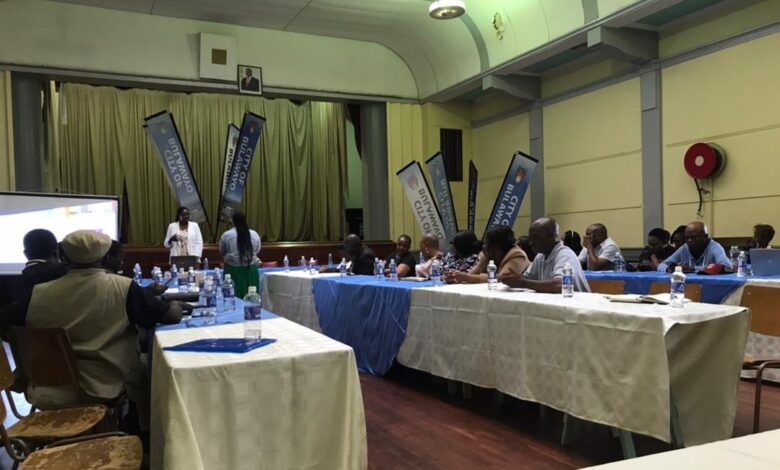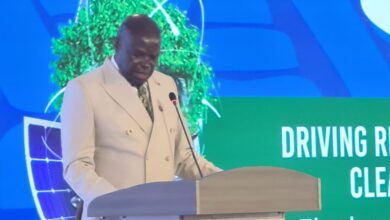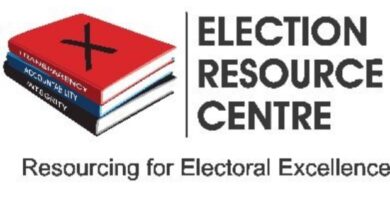Bulawayo’s water crisis: Privatization debate intensifies

Sibongonkosi Mpofu
In the heart of Bulawayo, a city struggling with water woes, a fierce debate is brewing over the future of its water utility management. As whispers of privatization grow louder, the Bulawayo Progressive Residents Association (BPRA) is rallying for transparency and public involvement, amidst fears of escalating costs and job cuts.
The fate of Bulawayo’s water supply hangs in the balance as discussions about privatizing the city’s water utility intensify. The Bulawayo City Council (BCC) yesterday held a meeting with key stakeholders, where BPRA emphasized the urgent need for residents to have a say in decisions that directly affect their lives. “We urge BCC to create platforms for meaningful engagement and consultation with residents and let them take part in decisions that affect their day-to-day lives,” said Permanent Ngoma, Executive Director of BPRA.
Bulawayo’s water infrastructure, remnants from the colonial era, is critically outdated. With a non-revenue water loss rate at a staggering 52%, as highlighted by BPRA and other civic groups, the city faces not only infrastructural decay but also the harsh realities of climate change and insufficient government funding. These elements combine to create a scenario where water shortages are not just inconvenient but a daily disruption for residents, local businesses, and industries.
The potential privatization of the water utility is a hot-button issue. Ngoma highlighted the possible repercussions: “Engagement with residents will help clarify what water privatization and utility management entail, addressing concerns about shortages and job security.” The fear is that privatization could lead to higher water tariffs, job losses, and the further marginalization of already vulnerable communities.
Civic organizations are pushing for enhanced government support for infrastructure. Despite these advocacy efforts, there’s palpable anxiety among residents about their influence over council decisions. Meanwhile, the BCC is considering a different approach by proposing the creation of a new water utility company. They argue this could streamline water management and boost service quality. However, residents are skeptical, demanding guarantees that their interests will be at the forefront of this new model.
To combat these uncertainties, BPRA is organizing community outreach and awareness campaigns to ensure that the voices of Bulawayo’s residents are not just heard but acted upon. “Empowering residents with information and a platform for dialogue will promote accountability and lead to sustainable solutions,” Ngoma asserts.
As Bulawayo stands at this crossroads, the path forward will depend heavily on the dialogue between the city council and its residents. The coming weeks could determine whether the city’s water management evolves into a model of efficiency and public trust or drifts towards privatization with its host of uncertainties. The residents of Bulawayo are watching, waiting, and most importantly, demanding to be involved.




